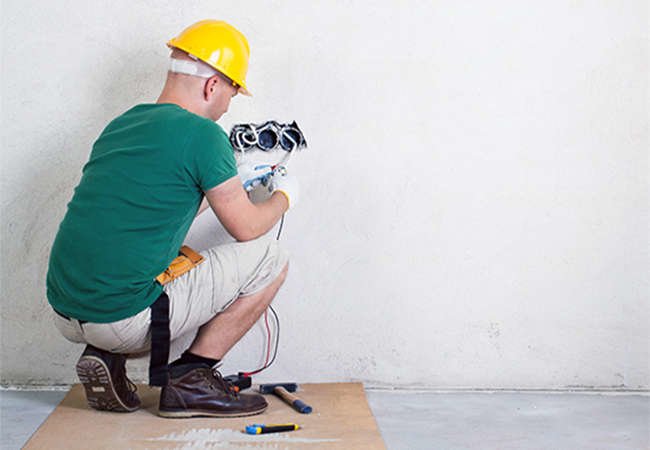We may earn revenue from the products available on this page and participate in affiliate programs. Learn More ›
Frayed Wires
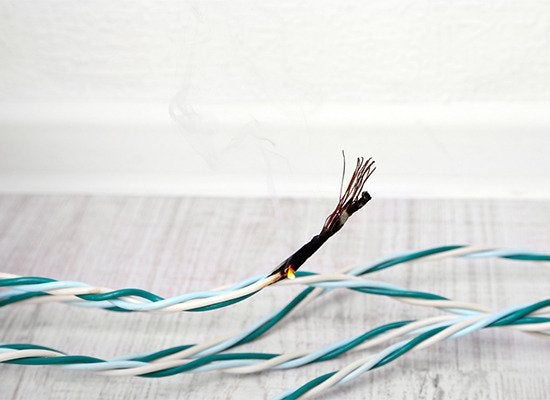
Wires can fray or crack from age, heat, corrosion, or bending. They can also be nicked, pinched, or pierced by nails or screws. Damaged wires are dangerous and should be replaced by a pro.
Excessive Heat/Scorch Marks
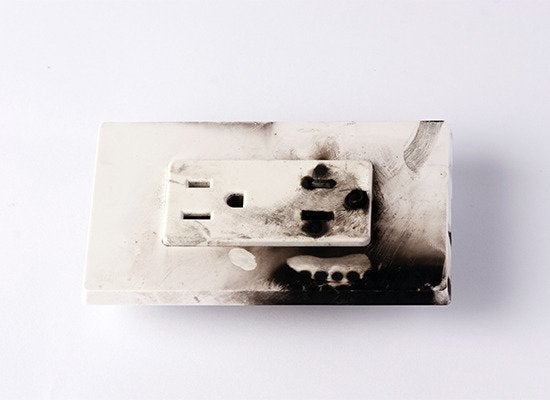
All outlets and switches should be cool to the touch. Warm spots or scorch marks are strong indications of an unsafe wiring condition.
Tripping Circuit Breakers
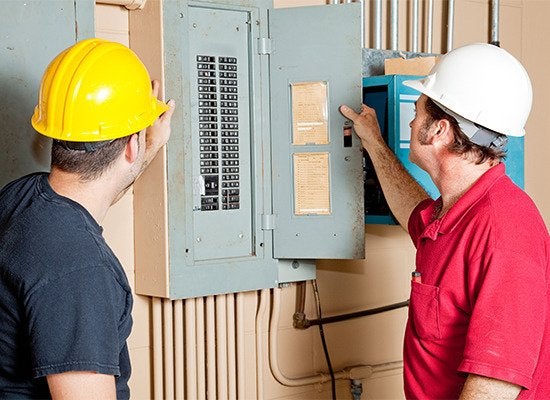
If you are constantly forced to reset your circuit breakers, it could be a sign that the circuits are overloaded. A qualified licensed electrician can help you assess the load on your circuits and make recommended improvements.
Smoke
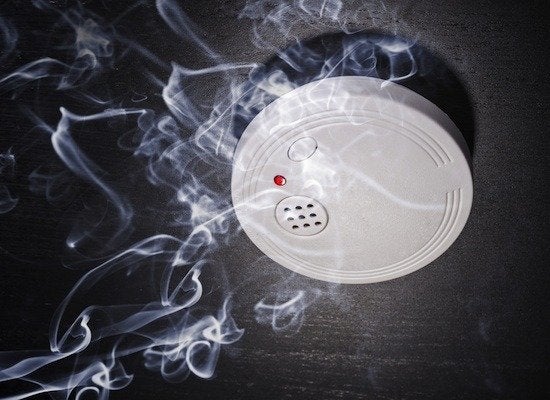
Smoke from an outlet, an appliance, or along a baseboard is a sure sign of trouble. At the first hint of smoke, turn off all appliances and check for problems. You may also want to turn off the main circuit breaker until the source of the smoke is identified.
Dimming Lights
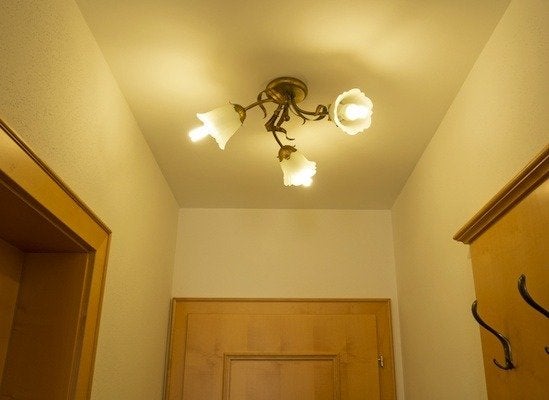
If the ceiling lights dim when you turn on a microwave or vacuum cleaner, you may be overloading the circuits or the wiring. To be on the safe side, check the wiring and circuit breaker to that section of your home.
Loose Connections

Over time, the connections between electrical wires and switches or outlets can loosen. Check to make sure that all outlet covers and switch plates are in good condition and that the wires inside are secure. Replace any missing, cracked, or broken plates promptly.
Rodent Damage
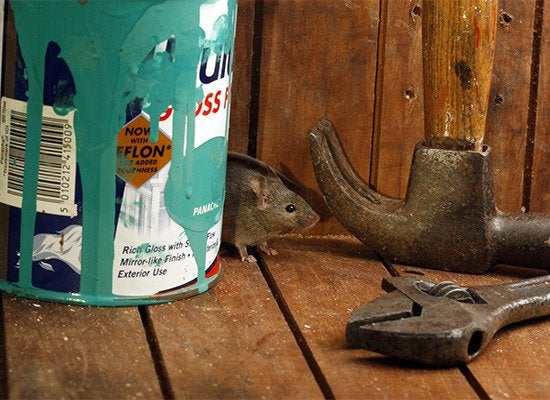
Mice and rats love to chew on electrical wiring—go figure. If you spot droppings or other signs of rodent activity, do a thorough check of all the wiring in the area to make sure it is not damaged.
Popping, Crackling, or Buzzing
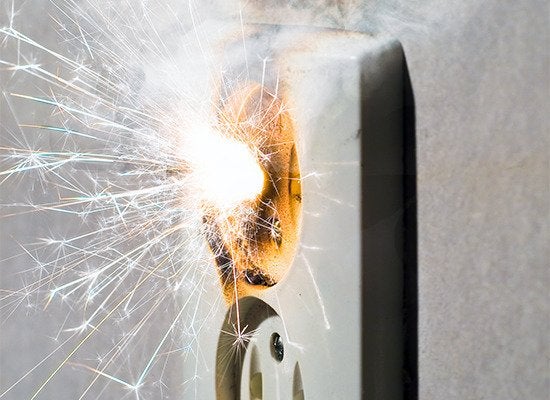
If you hear crackling, sizzling, or buzzing noises coming from outlets, switches, or appliances, you could have a serious problem. Turn off electricity to the affected area and call a licensed electrician right away.
Safety First!
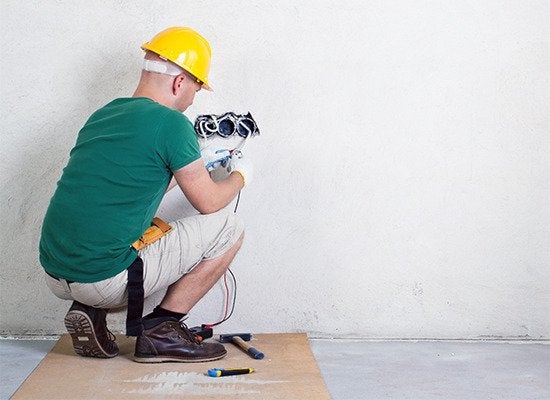
Working with electricity is best left to professional licensed electricians. But there are a couple of things almost any homeowner can do to promote electrical safety, such as labeling circuit breakers and wiring, and replacing old outlets with GFCI (ground-fault circuit interrupter) outlets.
Zap to It
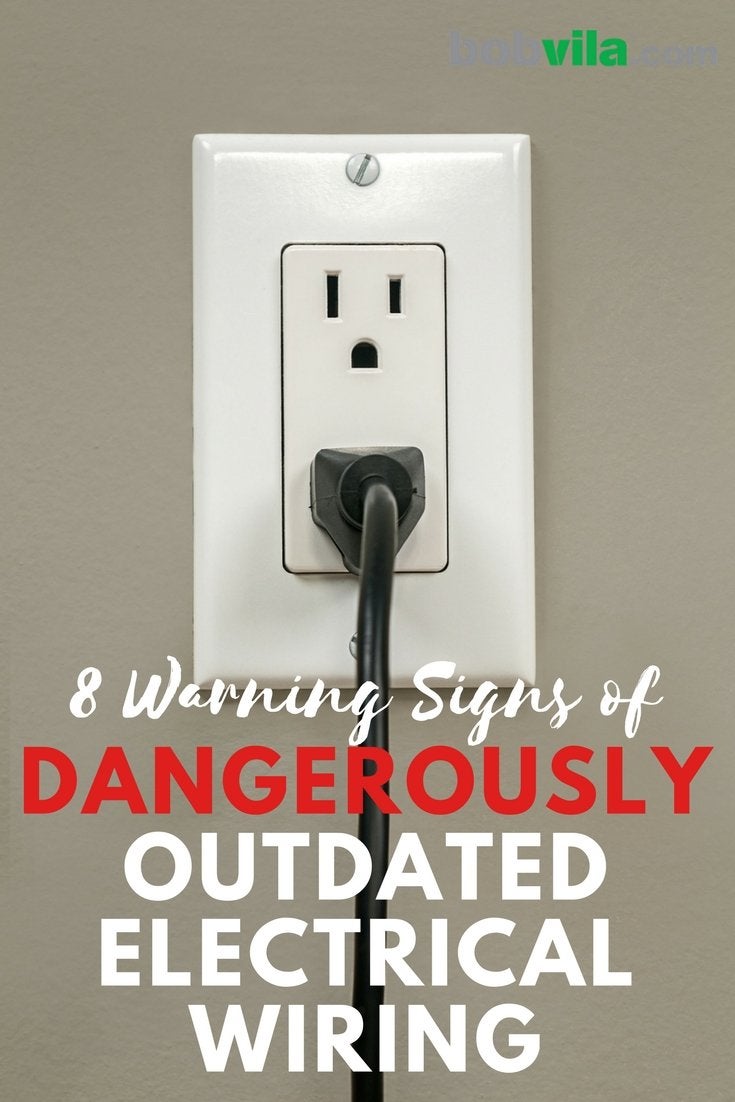
Outdated electrical wiring isn’t a repair that you should put off. If you notice these warning signs in your own home, pick up the phone and call the electrician.

Everything You Need for a Lush and Healthy Lawn
Keeping your grass green and your plants thriving doesn’t just take a green thumb—it starts with the right tools and supplies.

